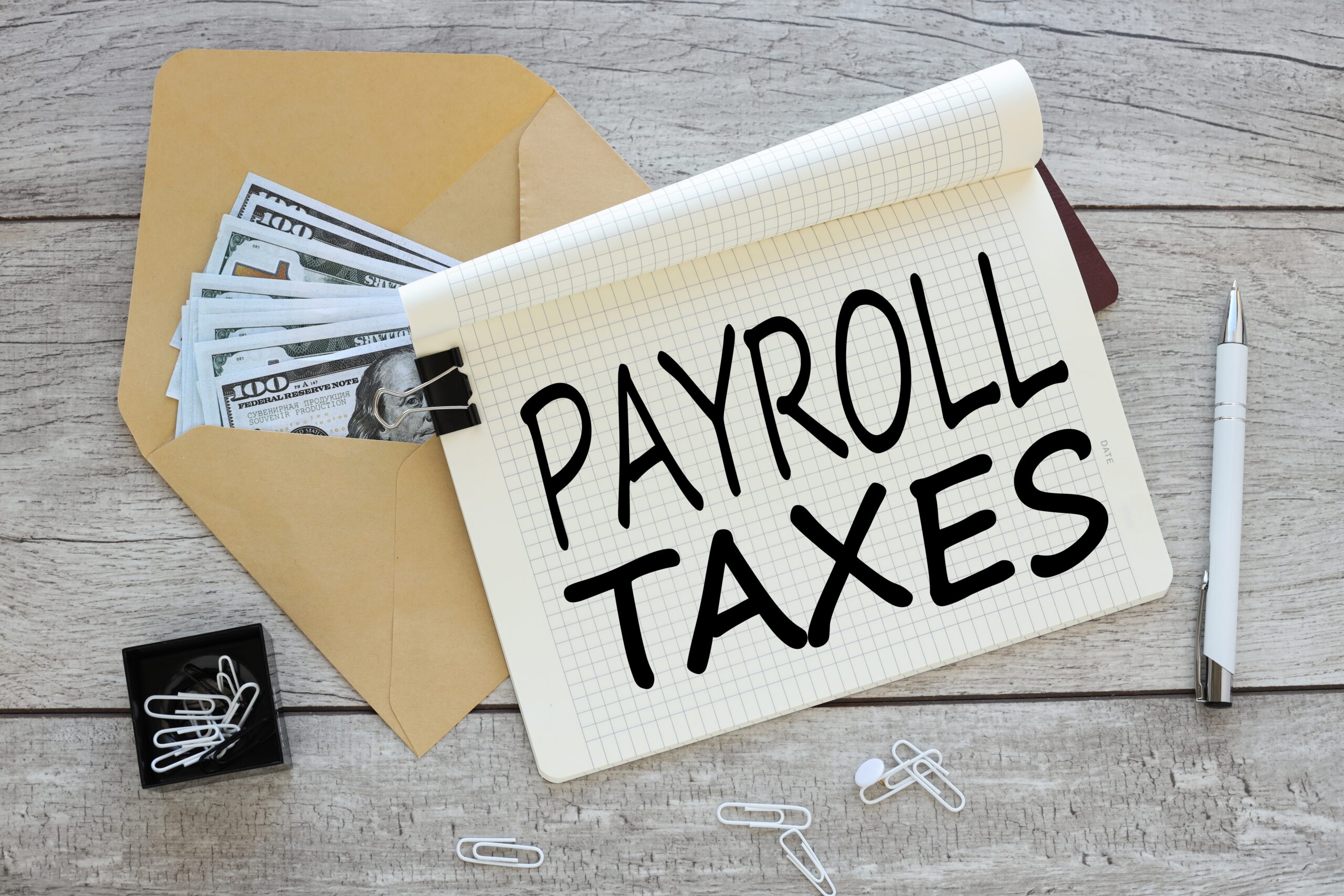Receiving an IRS audit notice can feel overwhelming, but audits don’t have to result in disaster. Most audits are resolved efficiently when handled correctly — the key is understanding what’s happening at every stage and knowing how to respond.
At Rappaport Tax Relief, we guide taxpayers through audits by breaking the process into clear, manageable phases. Let’s walk through exactly what you should expect and what you can do at each step.
Phase 1: Audit Selection — Why You?
Not every audit is random. The IRS selects returns based on a variety of factors, including:
Computer algorithms: IRS systems flag discrepancies or patterns that deviate from statistical norms.
Mismatched information: Differences between your return and third-party reporting (W-2s, 1099s).
High-risk deductions: Home office expenses, large charitable donations, or excessive business losses relative to income.
Cash-intensive businesses: Retail, food service, salons, and trades tend to receive additional scrutiny.
Even if everything on your return is accurate, these factors can trigger an audit.
Phase 2: Notification — Understanding Your Audit Letter
Once selected, the IRS will send you a notice outlining:
The tax year(s) under review
The specific areas they want to examine
The type of audit: correspondence, office, or field
Carefully reviewing this letter is critical — it defines the scope of the audit. It’s also your first opportunity to get ahead of the process.
Phase 3: Preparing Your Response — Documentation and Organization
This is where preparation makes the biggest difference:
Collect relevant documents: Receipts, invoices, mileage logs, bank statements, etc.
Organize materials clearly: Well-organized records reduce questions and create a favorable impression.
Understand your return: Even if a preparer filed it for you, it’s important to review the numbers so you’re familiar with what’s being questioned.
If records are incomplete, don’t guess — a professional can help reconstruct documentation when necessary.
Phase 4: Audit Engagement — Best Practices During the Review
How you interact with the IRS is just as important as the records you submit. Remember these best practices:
Be respectful and cooperative: The IRS auditor is doing their job; a professional demeanor helps maintain a constructive tone.
Limit your responses: Answer only what’s asked — avoid offering unrelated information that could broaden the audit.
Document all interactions: Keep records of every letter, phone call, and meeting.
If you choose to engage professional representation, your tax attorney or enrolled agent can attend meetings, handle correspondence, and communicate directly with the auditor for you.
Phase 5: Conclusion — Understanding the Outcomes
When the audit concludes, you’ll receive an IRS report summarizing their findings. There are three potential outcomes:
No change: The IRS accepts your return as filed.
Agreement: You accept proposed changes and pay additional tax (possibly with penalties and interest).
Disagreement: You dispute the findings, triggering an appeals process.
Even if you disagree with the audit results, you have rights — including requesting a conference with an IRS appeals officer or taking your case to U.S. Tax Court.
Your Rights Throughout the Audit Process
At every stage, you are protected by a set of taxpayer rights:
The right to professional representation: You never have to deal with the IRS alone.
The right to clarity: You can ask for explanations if you don’t understand requests.
The right to appeal: If you disagree with the final determination, you can appeal.
Exercising these rights — properly and promptly — can greatly improve your audit experience.
Why Professional Guidance Matters
Audits often involve nuances: incomplete records, questions about specific deductions, or the risk that the audit could expand to other tax years. Professional guidance can help you:
Clarify the audit scope and ensure it stays focused
Present your records properly
Communicate effectively and strategically with the IRS
Protect your interests if the audit leads to negotiation or appeal
An experienced tax professional understands IRS procedures and can guide you toward the most efficient resolution.
Audit-Proofing Your Future
Even after your audit concludes, it’s worth improving your tax practices going forward:
Maintain records for at least 3–7 years
Keep receipts for all claimed deductions and credits
Avoid estimates — use precise numbers backed by documentation
Report all income, including freelance, gig work, and investments
Proactive recordkeeping is the best defense if you’re ever audited again.
Rappaport Tax Relief: Your Advocate for a Smooth Audit
An IRS audit can feel like a burden — but you don’t have to go through it alone.
At Rappaport Tax Relief, we help individuals and businesses navigate audits strategically, efficiently, and with peace of mind. We know what auditors look for and how to protect your rights while seeking the best possible outcome.
Call today for a free consultation — let’s work together to manage your audit from start to finish and protect your financial future.
David Rappaport is an Enrolled Agent with over 25 years of experience in the field of taxation. He specializes in representing clients before all administrative branches of the IRS and State Taxing Authorities.



